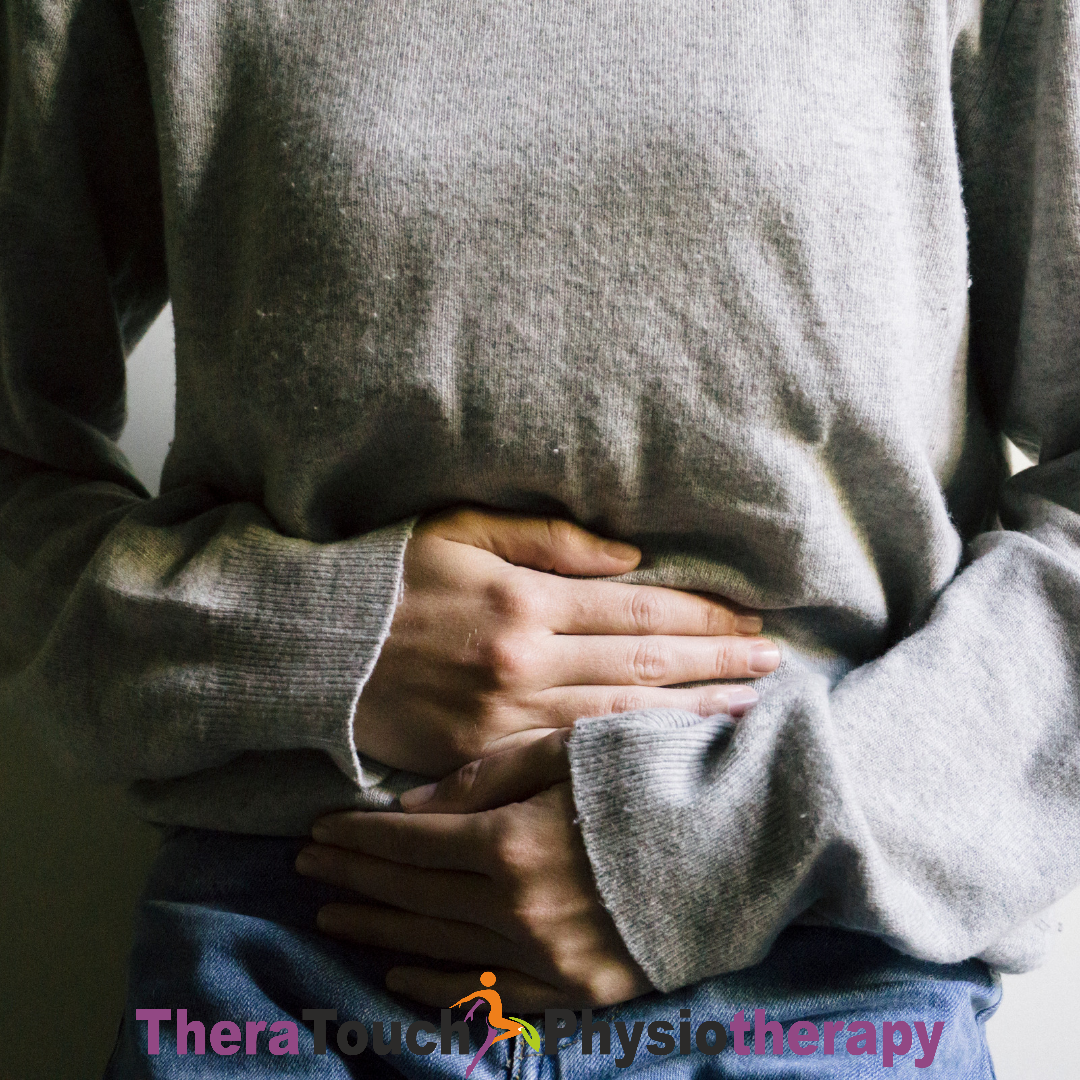Interstitial Cystitis: Causes, Symptoms, and Treatment Options
Interstitial cystitis (IC), also known as painful bladder syndrome, is a chronic condition characterized by bladder pain, urinary urgency, and frequency. While the exact cause of IC remains unclear, it is believed to involve a combination of factors, including inflammation of the bladder lining, dysfunction of the bladder wall, and abnormalities in the nervous system. In this detailed guide, we’ll explore the nuances of interstitial cystitis, its impact on daily life, and how physiotherapy can play a pivotal role in its management and relief.
Symptoms you may see when you have Cystitis.
- Chronic pelvic pain or discomfort
- Urinary urgency and frequency
- Pain or discomfort during sexual intercourse
- Nocturia (waking up multiple times at night to urinate)
- Bladder pressure or fullness
Identifying Triggers and Risk Factors
While the exact cause of interstitial cystitis is unknown, several factors may contribute to its development or exacerbation, including:
Bladder irritation: Certain foods and beverages, such as acidic foods, caffeine, alcohol, and artificial sweeteners, may irritate the bladder and worsen symptoms.
Pelvic floor dysfunction: Tight or hypertonic pelvic floor muscles can contribute to bladder pain and urinary symptoms in individuals with interstitial cystitis.
Stress and psychological factors: Stress and anxiety can exacerbate symptoms of IC and may contribute to flare-ups.
Genetic predisposition: Some individuals may have a genetic predisposition to developing interstitial cystitis.
Diagnosis and Treatment Options
Diagnosis of interstitial cystitis typically involves a thorough medical history, physical examination, and various diagnostic tests, including urine analysis, cystoscopy, and bladder biopsies. Once diagnosed, treatment options for IC aim to alleviate symptoms, reduce inflammation, and improve bladder function. These may include:
Dietary modifications: Avoiding bladder irritants and following a low-acid diet may help reduce symptoms of interstitial cystitis.
Medications: Oral medications, such as antispasmodics, pain relievers, or bladder instillations, may be prescribed to alleviate pain and discomfort associated with IC.
Bladder training: Techniques such as timed voiding and pelvic floor relaxation exercises can help improve bladder function and reduce urinary urgency and frequency.
Stress management: Stress-reduction techniques such as relaxation exercises, mindfulness, or cognitive-behavioral therapy may help alleviate symptoms of IC.
Physiotherapy for Interstitial Cystitis
Physiotherapy offers a holistic approach to managing interstitial cystitis, focusing on pelvic floor rehabilitation, bladder training, and pain management strategies to improve bladder function and quality of life. Key components of physiotherapy for IC may include:
1. Pelvic floor assessment: A pelvic floor physiotherapist will assess pelvic floor muscle, strength, and flexibility to identify any abnormalities or dysfunction contributing to IC symptoms.
2. Pelvic floor rehabilitation: Tailored exercise programs incorporating relaxation, stretching, and strengthening exercises for the pelvic floor muscles can help reduce muscle tension, alleviate pain, and improve bladder function.
3. Bladder training: A pelvic floor physiotherapists may implement bladder training techniques to improve bladder control, reduce urinary urgency, and increase the intervals between bathroom trips.
4. Manual therapy: Hands-on techniques such as myofascial release, trigger point therapy, and soft tissue mobilization can help release muscle tension, improve blood flow, and reduce pain in the pelvic region.
5. Education and self-management:A pelvic floor physiotherapists provide education on bladder health, dietary modifications, stress management techniques, and lifestyle modifications to empower individuals to take control of their symptoms and improve their quality of life.
Interstitial cystitis can significantly impact bladder function, pelvic health, and overall quality of life, but with proper management and support, individuals with IC can experience relief from symptoms and improved well-being. Pelvic Floor Physiotherapy offers a holistic approach to managing interstitial cystitis, addressing pelvic floor dysfunction, bladder training, and pain management strategies to improve bladder function and quality of life. If you’re experiencing symptoms of interstitial cystitis, consider consulting with a pelvic floor physiotherapist to develop a personalized treatment plan tailored to your specific needs. With dedication, support, and comprehensive care, it’s possible to find relief from the discomfort of IC and regain control over your bladder health and overall well-being.

